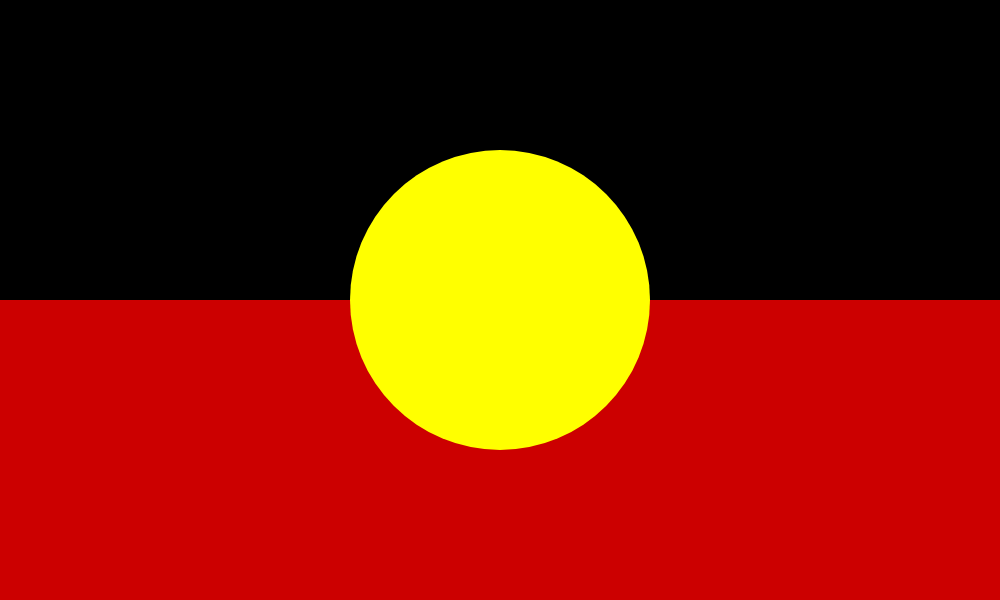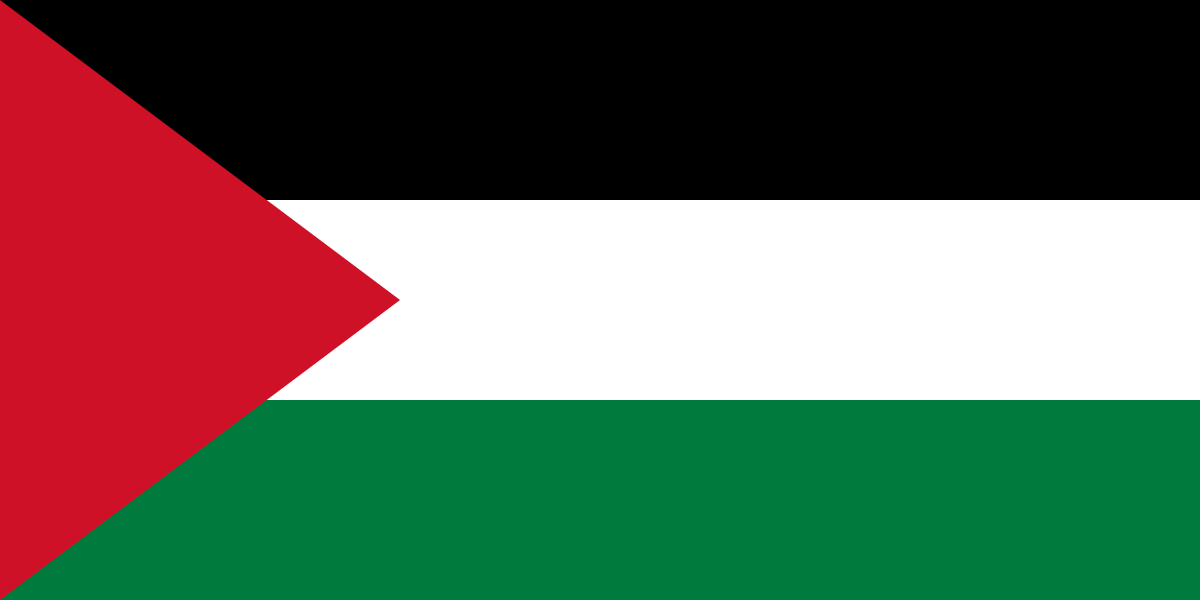Kanafani was born on April 8, 1936 in Acre, Palestine. He lived with his family in Jaffa until they were forced to leave during the Nakba ("catastrophe") of 1948 and finally settled in Damascus. After living in a refugee camp, he later began working as a teacher in a refugee camp for the UNRWA to help support his family and continue his studies. His experience in the refugee camps is reflected in much of his works.
While studying Arabic literature at the University of Damascus he became interested in politics and met the then leader of the Arab Nationalist Movement (ANM) George Habash, with whom he began to work. After teaching several years in Kuwait, where he was diagnosed with acute diabetes, Kanafani moved to Beirut to work on al-Hurriyya ("Independence") magazine at the invitation of Habash.
In 1961 he married Danish professor Anni Hoover, who had come to Beirut to study the refugee situation and in 1962 he published his first major book, Men in the Sun *, immediately acclaimed throughout the Arab world. Both as a journalist and as a writer, Kanafani was very prolific in the 1960s when Palestinian resistance and armed struggle increased (the PLO was founded in 1965).
The Popular Front for the Liberation of Palestine (PFLP) was founded in 1967 to replace the Movement of Arab Nationalists and Kanafani became director of al-Hadaf, the party's organ. With a clear Marxist orientation, the PFLP pledged to resist the occupation of Palestine and establish in Palestine a single state with a new secular society based on social justice. The period between 1970 and 1972 was rich in political and armed activity, and at that time Kanafani was a member of the PFLP politburo in addition to being its spokesperson.
The PFLP considered the fight against the Israeli occupation to be anti-colonial resistance. After the defeats of 1948 and, especially, 1967, the struggle in the cultural sphere was fundamental to recover a daily Palestinian national identity that was in danger due to dispersion and ethnic and cultural cleansing. It was the first step to recover his country.
He was assassinated along with his 17-year-old niece Lamees on July 8, 1972 in Beirut by a car bomb planned by Mossad and very possibly with the collusion of the Lebanese authorities.
-- PFLP Ghassan Kanafani, Richard Carleton interview COMPLETE
-- The Dupes, 1973 Syrian Film based on the book by Kanafani "Men in the Sun"
Hexbear links
- 🐻Link to all Hexbear comms https://hexbear.net/post/1403966
- 📀 Come listen to music and Watch movies with your fellow Hexbears nerd, in Cy.tube](https://live.hexbear.net/c/movies
- 🔥 Read and talk about a current topics in the News Megathread https://hexbear.net/post/4474329
- ⚔ Come talk in the New Weekly PoC thread https://hexbear.net/post/4474295
- ✨ Talk with fellow Trans comrades in the New Weekly Trans thread https://hexbear.net/post/4474253
- 👊 New Weekly Improvement thread https://hexbear.net/post/4531124
- 🧡 Disabled comm megathread https://hexbear.net/post/4485105
- Parenting Chat https://hexbear.net/post/4528813
reminders:
- 💚 You nerds can join specific comms to see posts about all sorts of topics
- 💙 Hexbear’s algorithm prioritizes comments over upbears
- 💜 Sorting by new you nerd
- 🌈 If you ever want to make your own megathread, you can reserve a spot here nerd
- 🐶 Join the unofficial Hexbear-adjacent Mastodon instance toots.matapacos.dog
Links To Resources (Aid and Theory):
Aid:
Theory:



Marx, Engels, Lenin, Stalin, Trotsky, Brezhnev, Castro, Guevara, Allende, Mao, Tito and I do recall getting some stuff about Lumumba. This was in Sweden.
I recall it being fairly positive about all of them other than Stalin and Brezhnev. Mao was pretty mixed. It is pretty interesting in that relations between China and Sweden have taken a nosedive since I left school, so I would guess it would be a lot less positive about Mao today.
The reason for Allende is that there are a lot of Chilean communists that fled to Sweden during the Pinochet years, third largest Chilean diaspora in the world behind Argentina and the US.
Forgot about Ho Chi Minh, he was also depicted very positively.
What was mixed about Mao that he did not experience the same treatment as Stalin
The winter war. Sweden paints Finland as the plucky little underdog the same way that Finland itself does, can hardly recall the Nazis even being mentioned during that module. Also some stuff about the Extradition of the Balts post ww2 which some nationalists see as a national sin, especially since it had come up again post dissolution of the USSR. We have a lot more anti communists that ran away from the USSR than China.
The standard teaching of WW2 also includes the Molotov-Ribbentrop pact but excludes that none of the Allies were willing to help the Soviet Union contain Hitler.
Mao is mostly just that he implemented some bad policies leading to a lot of death which was regrettable, but overall he vastly improved China. Stalin was painted as malicious whereas Mao was incompetent in some ways while still overall positive.
That’s a lot of people damn
In school ??
Yeah, they are part of the history module from elementary to high school. A lot of these are still in it from the Olof Palme days when Sweden was marginally cool.
Wonder how much it has changed now as the succdems have moved further right and the conservative bloc has been in power for the last couple of decades.
It was like being taught by Twitter liberals when I was at school. Mao was really bad of course. I had one teacher who praised communism, but said "it wasn't real communism™".
A funny anecdote is when my history teacher rattled off some 'communist dictators' and mentioned Tito. My Yugoslav immigrant friend's eyes lit up that moment, and after the lesson he went up to the teacher to sing the praises of Tito, while the teacher sat there looking puzzled.